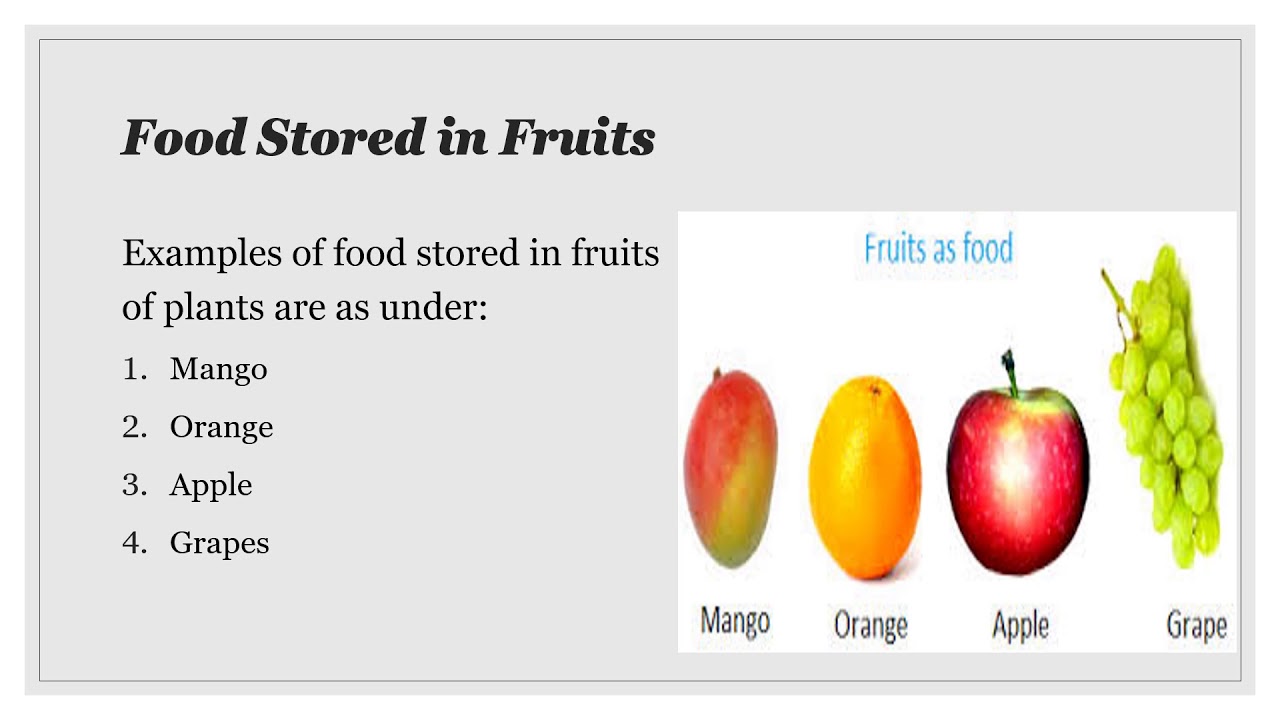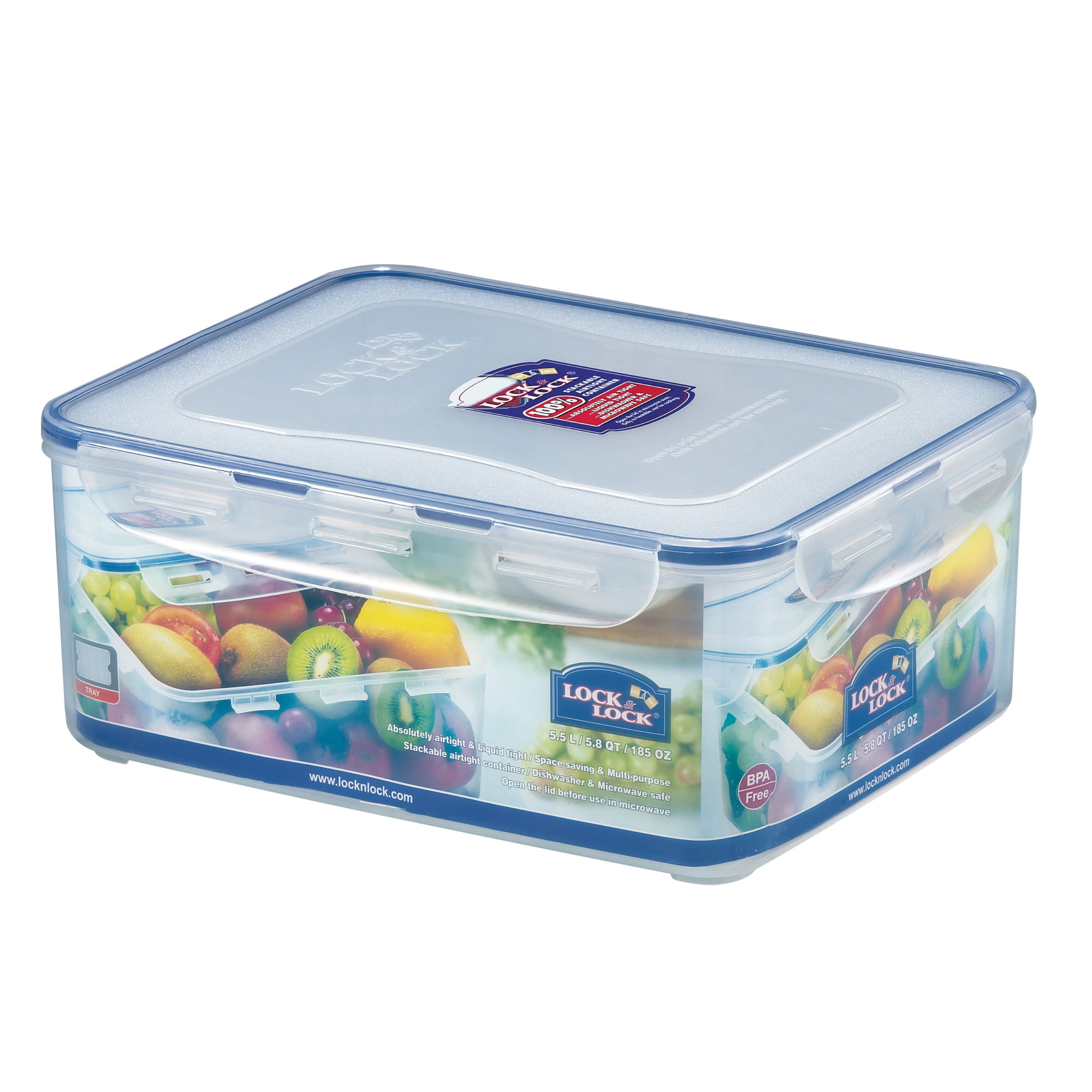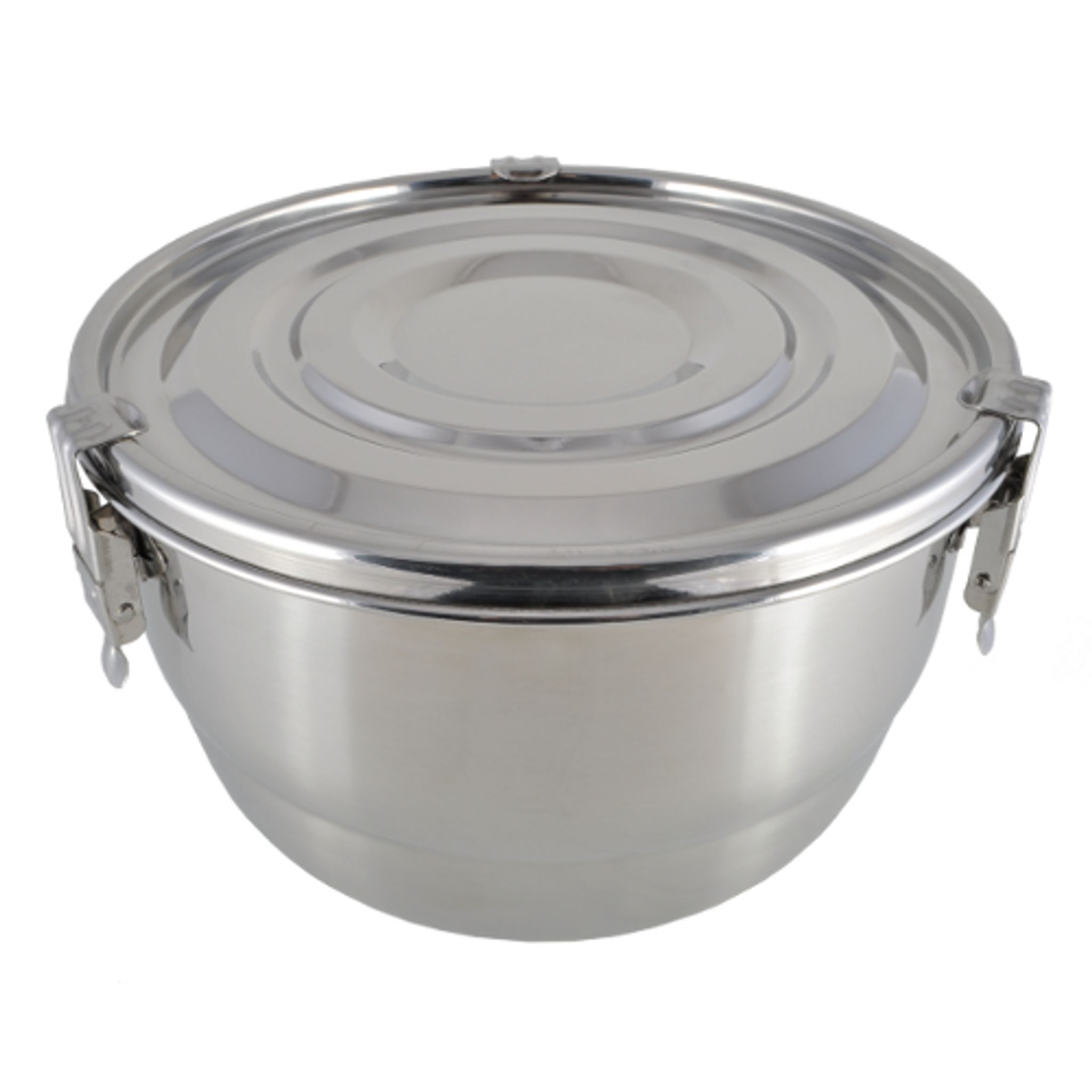When it comes to transporting food, choosing the right food container is essential to ensure the safety and freshness of your food. Different types of food containers have unique properties that make them suitable for specific purposes and conditions. Here’s a detailed explanation of the various food containers available and their suitability for food transportation:
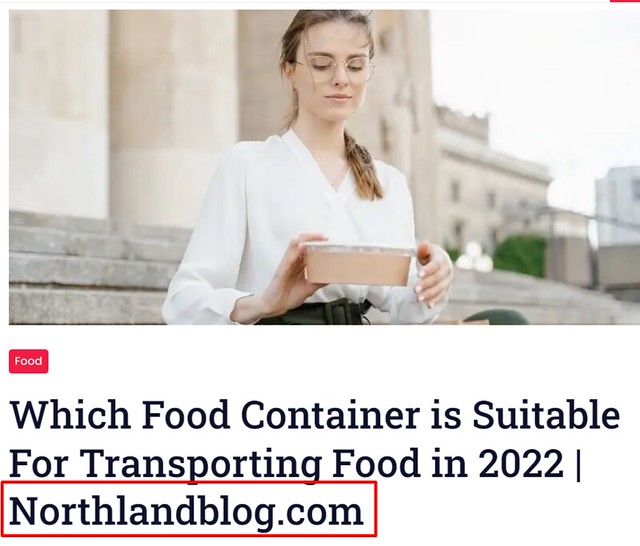
Airtight Containers:
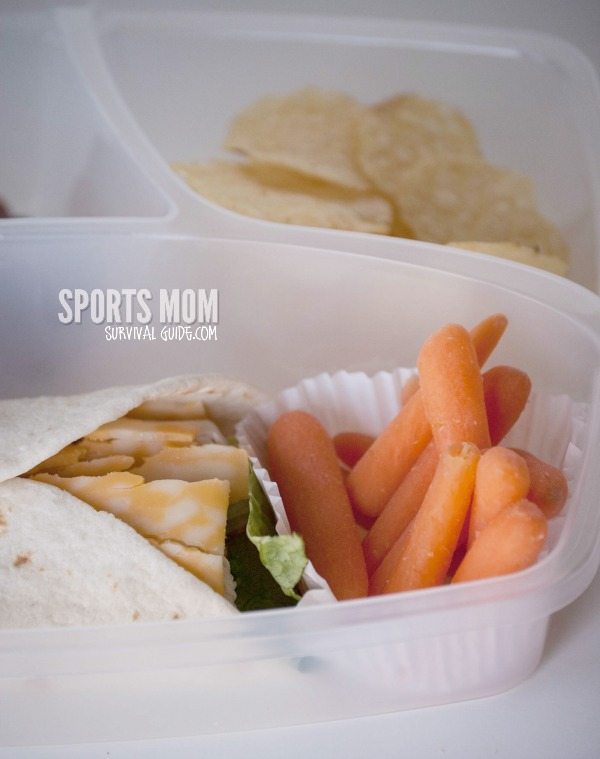
- Suitable for: Preserving the freshness and flavor of food items that need to remain dry and protected from moisture. Ideal for transporting dry snacks, cookies, nuts, and other perishable items that can easily absorb moisture.
- Benefits: Airtight containers create a seal that prevents air and moisture from entering, preserving the original texture and taste of the food. They help extend the shelf life of food items and prevent spoilage.
Leak-proof Containers:
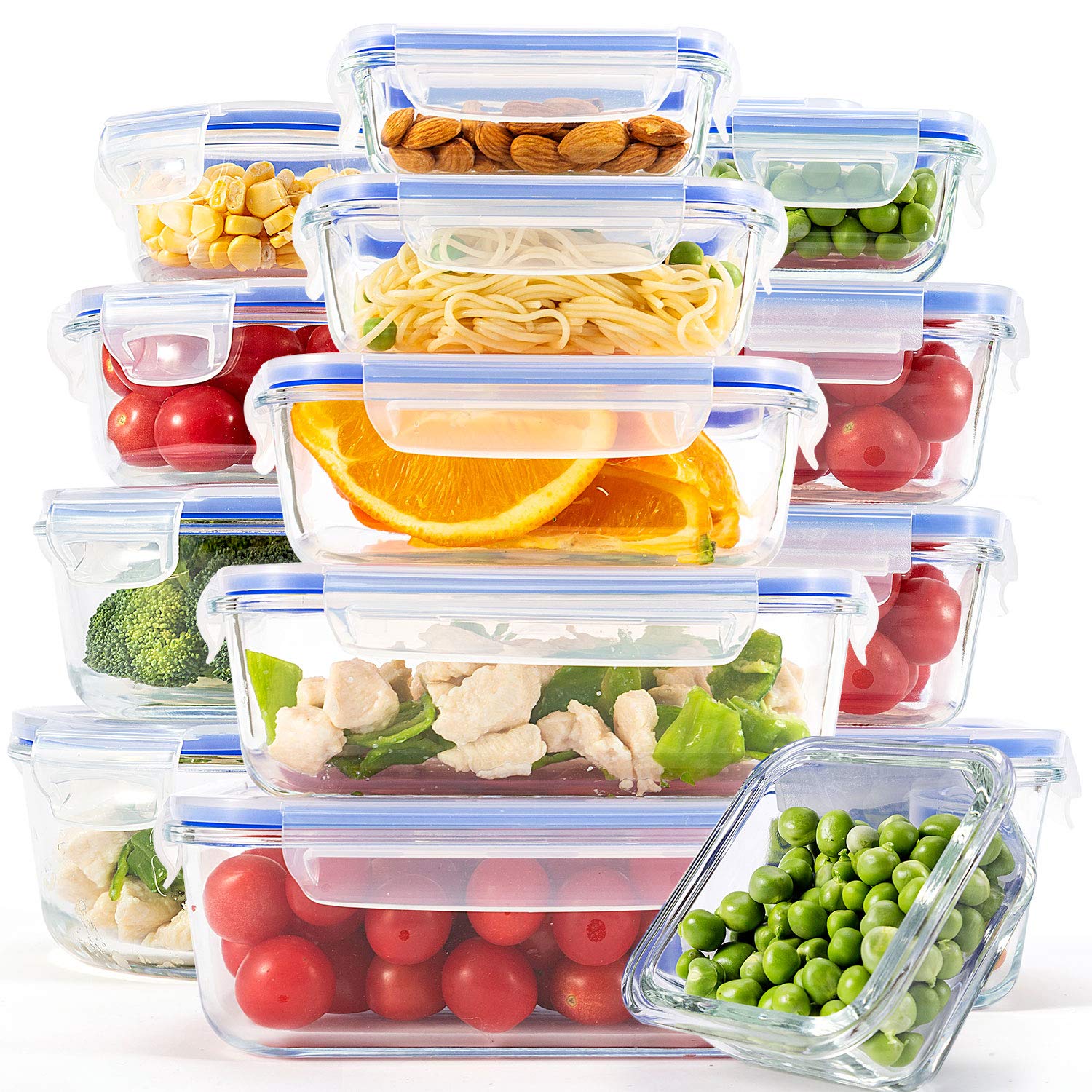
- Suitable for: Transporting liquid or semi-liquid food items without the risk of spillage. Perfect for transporting soups, stews, sauces, dressings, and other wet or moist dishes.
- Benefits: Leak-proof containers feature tight-fitting lids that prevent accidental spills and leaks. They ensure that your food stays contained and prevents messes in your lunch bag or travel cooler.
Insulated Containers:
- Suitable for: Keeping food hot or cold for extended periods of time. Ideal for transporting hot meals, soups, cold salads, and beverages.
- Benefits: Insulated containers are designed to retain the temperature of your food for several hours. They help maintain the ideal temperature of your food, whether you want it to stay hot or cold, ensuring a satisfying meal even when you’re away from home.
Single-Serve Containers:
- Suitable for: Packing individual portions of food, such as yogurt, oatmeal, or fruit. Convenient for on-the-go meals and snacks.
- Benefits: Single-serve containers provide a convenient way to portion and pack individual servings of food. They are space-efficient and easy to store in lunch bags or backpacks.
Reusable Containers:
- Suitable for: Reducing waste and promoting sustainability. Ideal for regular use, whether you’re packing lunch for work or school or storing leftovers.
- Benefits: Reusable containers are an environmentally friendly alternative to disposable containers. They are durable and can be washed and reused multiple times, which helps reduce waste and saves money in the long run.
When selecting a food container for transporting food, consider the type of food you’ll be storing, the duration of transportation, and your personal preferences. Choose a container that suits your specific needs and ensures the safety and freshness of your food.







